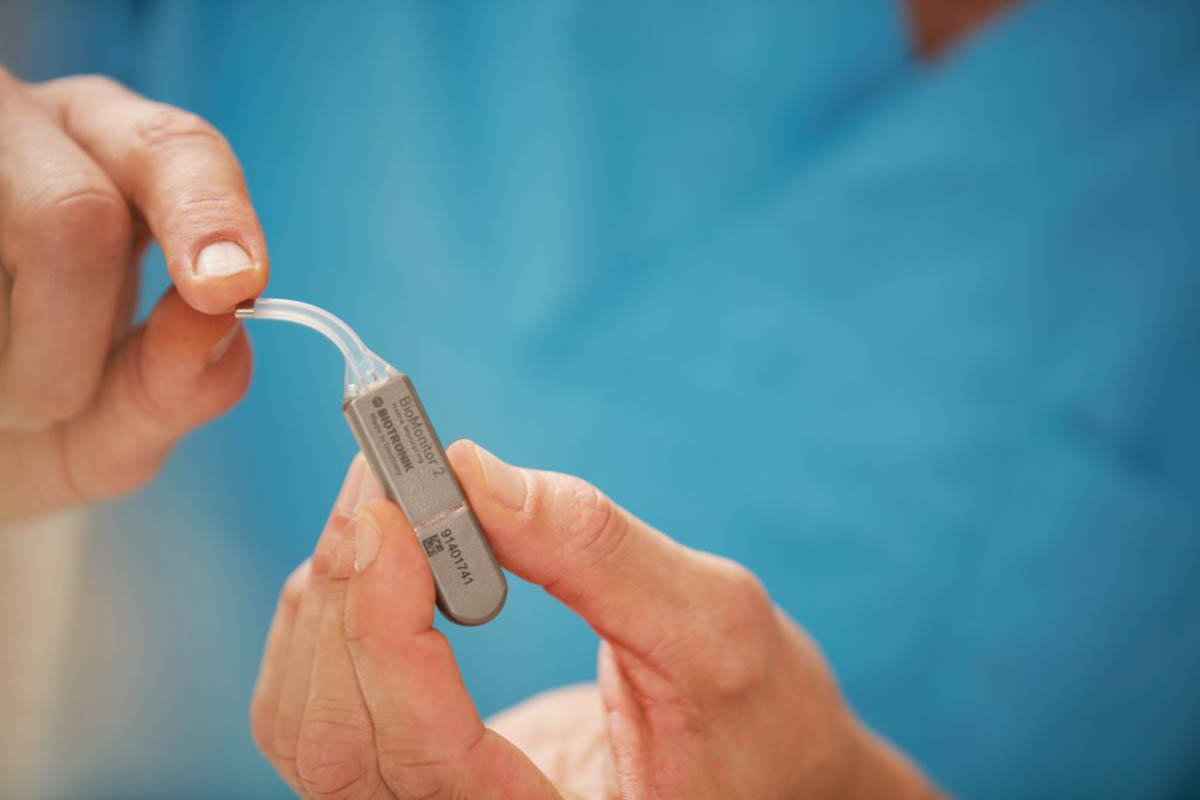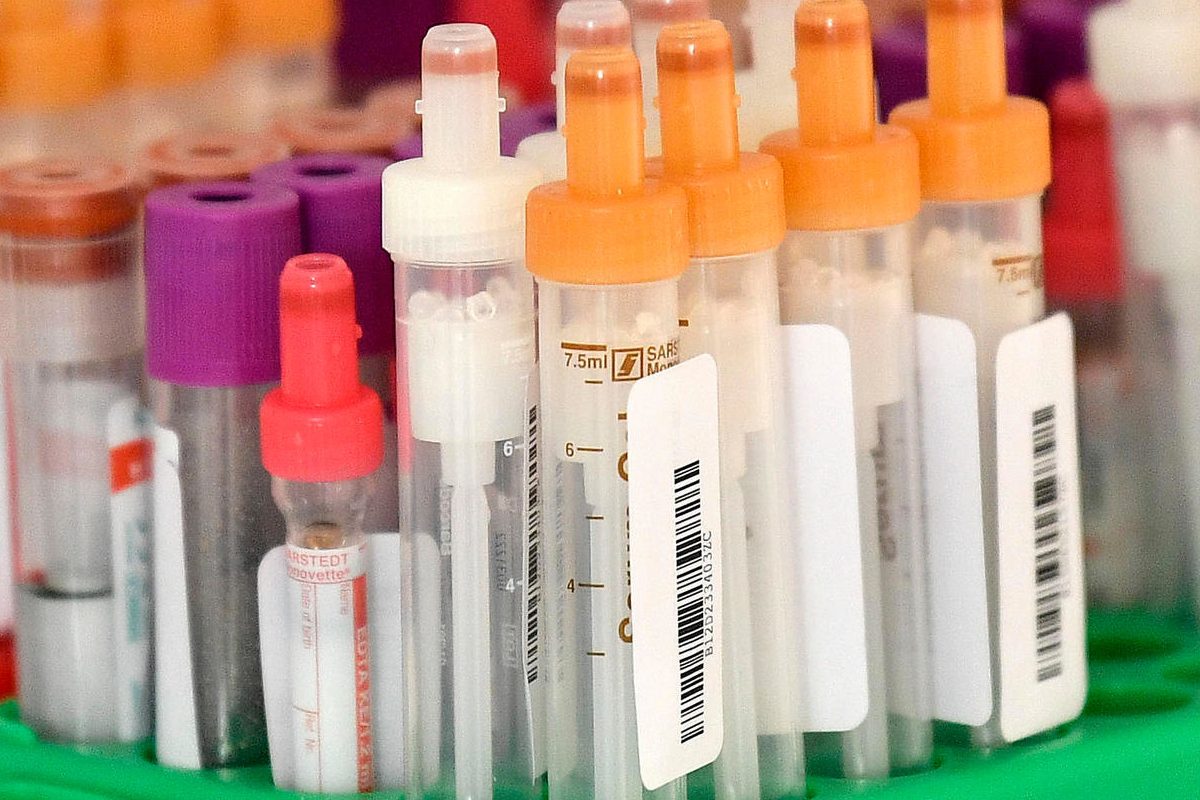


Medical technology news

Explore the groundbreaking role of THCA in modern medicine. Assess its therapeutic potential by studying reports from clinical trials that outline its anti-inflammatory and neuroprotective benefits. Leverage insights from thca bud research to understand its mechanics and application forms. Address regulatory frameworks by collaborating with legal experts to navigate compliance and explore avenues for medicinal approval. Engage with industry leaders to learn how THCA is integrated into innovative medical technologies, paving the way for future applications.
THCA’s Role in Medical …

The intersection of THC and medical technology represents a fascinating frontier in healthcare innovation. While consumers might explore products like exhale wellness hemp flower for personal use, the broader implications of THC in medical applications could revolutionize treatment approaches and patient care. This analysis examines the therapeutic potential of THC, its current applications in medicine, and how its integration with medical technology might transform the future of healthcare.
The Role of THC in Modern Healthcare
…

Freeze dried treats have been gaining popularity in recent years, touted not only for their convenience but also for their nutritional benefits. Unlike traditional methods of food preservation, freeze drying involves freezing the food and then removing the water content through sublimation, which preserves the nutrients and flavors remarkably well. Interestingly, Spaceman snacks have also embraced this cutting-edge method to offer superior snacking options.
In this article, we’re going to dive into the lesser-known health benefits of freeze dried treats to showcase why they’re becoming a …

Explore the integration of vaping and respiratory medical technology with these key approaches. https://www.eurovap.ca/ offers insights into cutting-edge advancements and potential career opportunities. Leverage cross-disciplinary research to identify innovative solutions bridging vaping byproducts and respiratory health. Collaborate with regulatory bodies to ensure emerging technologies meet safety standards and efficacy benchmarks. Invest in state-of-the-art diagnostics and treatment options tailored to combat the adverse respiratory effects attributed to vaping. Engage with industry leaders for …

Maple syrup defies all assumptions that extremely sweet additives do more harm than good. It has been used as a sweetener for generations. But you may not know that maple syrup is packed with beneficial nutrients and has many potential health benefits.
We all know moderation is essential in our diet, but why not get the most out of indulgences?
Maple syrup isn’t just a delicious topping for pancakes or waffles. It’s also packed with antioxidants, minerals, and vitamins.
This guide will explore how maple syrup …

Are you wondering how long it will take to be a Medical Technologist? Or maybe you are taking your associate degree and can’t wait to be a medical technologist? It will depend on what degree you are considering, the institution, where to pursue the degree, and so on. In general, a bachelor’s degree in medicine Laboratory will take only four years to complete in most colleges.
What Is Medical Technology Degree?
Medical technology is one of the most evolving fields. Most people will describe this career as a medical laboratory consisting of surgical and medical lab techs. To enroll as a medical technologist …

Vaping has gotten quite famous all over the globe as a new method of ingesting herbs. Unlike traditional cigarettes, Vape stockists makes use of electronic cigarettes in which the smoker inhales vape instead of smoke. Because of this, vape became widely used in recreational and medicinal marijuana as well, especially since it enables the user to enjoy the benefits whilst lessening the side effects of inhaling smoke.
Medical Marijuana and Vape
Over the years, one after another, countries have started to acknowledge the outstanding medicinal effects of …

Rice University researchers have created a microneedle patch that can identify the presence of malaria in bodily fluids quickly. The patch can be applied to the skin like a bandage and users can read the results from the colored strips in 20 minutes at the longest. The technology is very affordable and doesn’t need any special skills to use.
The patch, which has a 4 x 4 series of hollow microneedles, subtly penetrates the skin and pulls bodily fluid into itself. An antibody-based test strip then identifies malaria protein biomarkers.
The microneedles are extremely small, measuring just 375 microns in diameter. For this …

Biotronik has declared clearance and approval by the FDA of an important Data Sensor in the latest Biomonitor IIIm injectable cardiac monitor (ICM). The sensor detects body temperature changes that may also be associated with fever.
The connection between vital signs, such as body temperature and cardiac arrhythmia, and health problems has been long known. Temperature increases, in particular, can cause a rise in heart rates and, as a result, a reduction in the patient’s activity level.
With the Data Sensor, doctors can access comprehensive updates on critical data to assist them in remotely tracking patient’s overall …

Governments and companies have started distributing a few varieties of COVID-19 vaccines around the globe. Even so, researchers at the University of California (UCSF) have formulated an innovative method that may provide a somewhat more effective way to curb the development of coronavirus inside the human body.
The researchers developed an artificial antibody that keeps the COVID-19 virus from sticking to human cells. These artificial antibodies are based on the microscopic antibodies that are produced by animals like llamas and camels, to defend themselves from coronavirus varieties.
The antibodies attack the spikes found on…